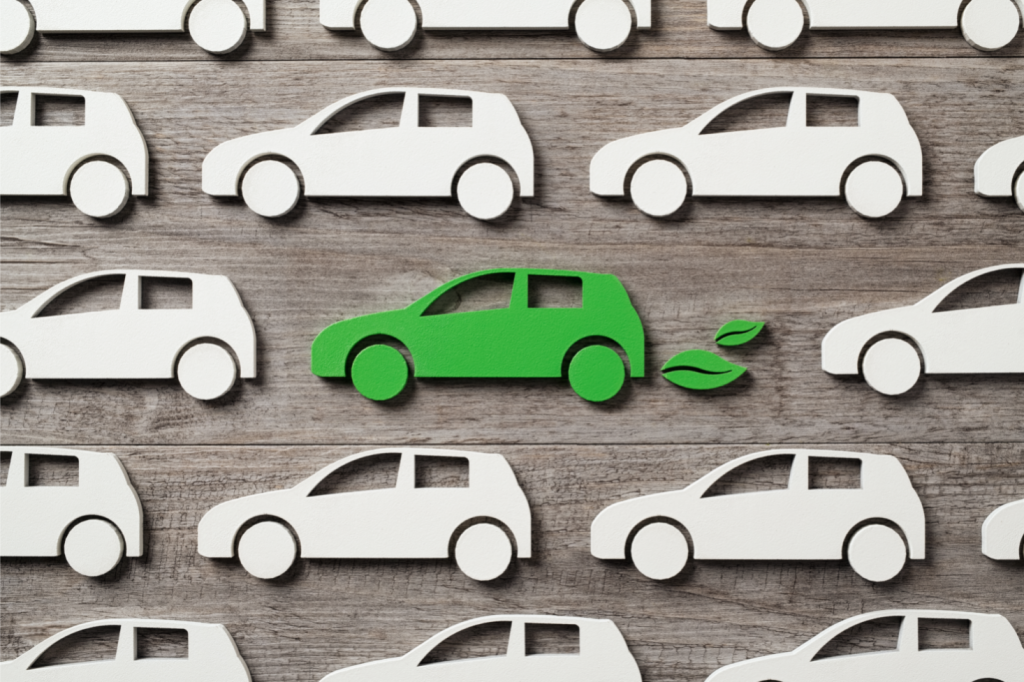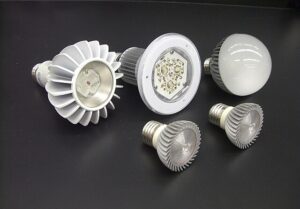February 6, 2023
By Anastazia Csegeny
—
It’s 2023, and electric vehicles (EV) are taking the automotive industry by storm. While EVs were once thought to be expensive and luxurious alternatives to gas-powered transportation, today’s roads are now filled with Teslas, Nissan Leafs, and many other noticeably “green” vehicles. The production of new and improved EVs is thankfully matched by developments in charging stations, which can now be supplied, installed, and managed hassle-free. Daisy Energy is proud to support these crucial steps towards eco-conscious transportation in tandem with SWTCH Energy Inc. Our partnership has allowed us to continue educating businesses about clean energy practices, and we are pleased to add EV charging solutions to our growing list of services.
Types of EV Chargers
Daisy Energy’s SWTCH EV chargers fall into distinct categories depending on whether your business may be in need of a solution for a commercial or business space. Here are two popular and reliable solutions to consider for your energy use.
Commercial Settings: Lite-on Platinum 7.6 kW Level 2 Charger
The Lite-on Platinum has a streamlined and sleek design, making this EV charger perfect for small- and medium-sized commercial and residential spaces. It features a minimum 3-year warranty that can be upgraded to a 5-year warranty dependent on anticipated use. The charger can be installed at a low cost and does not require maintenance as frequently, which gives it an edge over other EV chargers in the same class. The SWTCH Network Management application also makes this a straightforward charger for both users and owners, including energy tracking, flexible configuration, and real-time monitoring.
Business Settings: Tritium Veefil-RT 50 kW DC Fast-Charging Station
The Tritium Veefil-RT is a suitable charging solution for larger commercial and retail spaces, as well as highways and national roads. Like the Lite-on Platinum, this EV charger also includes a 3-year warranty that can be upgraded to a 5-year warranty, and it similarly functions on the SWTCH Network so users and business owners can stay on top of charging histories, payment, load management, and data and analytics.
Benefits of EV Chargers
Businesses that invest in EV chargers onsite see benefits represented in their conversions in addition to their environmental impact. Businesses with Level 2 Chargers, like the Lite-on Platinum, encourage their customers and clients to take some extra time to explore the products and services they have to offer while they wait for their electric vehicle to charge. Similarly, DC Fast-Charging Stations, like the Tritium Veefil-RT, can attract drivers who need a quick top-up along busy routes. Electric charging solutions fundamentally increase the time customers and clients spend at your business, and eventually, the value of this extra time will also be reflected in boosted revenue and company credibility. It is important to look for ways to position your business as a leader in sustainability and eco-conscious practices, and EV chargers offer a reasonably priced and practical way to get to that image.
Funding and Rebates for EV Chargers
The Government of Canada recognizes the need for electric vehicles to reduce greenhouse gas emissions, and they now provide rebates and funding for businesses looking to acquire an EV charger. Natural Resources Canada enacted the Zero Emission Vehicle Infrastructure Program (ZEVIP). The program targets multiple infrastructure streams that can take advantage of providing EV charging solutions, namely public places, on-street, workplaces, multi-unit residential buildings (MURBs), and commercial and public fleets.
ZEVIP offers funding up to 50 per cent of total EV charging projects, making it easier than ever before for businesses to take on this sustainability endeavour for their communities. The amount of funding is then dependent on the type of infrastructure of the electric charging solution. For SWTCH EV chargers, the funding breaks down in the following manner:
- Level 2 Charger at 3.3 kW-19.2 kW: up to $5,000 per port
- DC Fast Charger at 20 kW-49 kW: up to $15,000 per charger
- DC Fast Charger at >50 kW: up to $15,000 per charger
Get Started with Your EV Charger
If you think your business is ready to invest in an EV charger, contact Daisy Energy for a professional consultation, and we will work with you to find the solutions that best fit your businesses needs and goals for a more sustainable future.




































